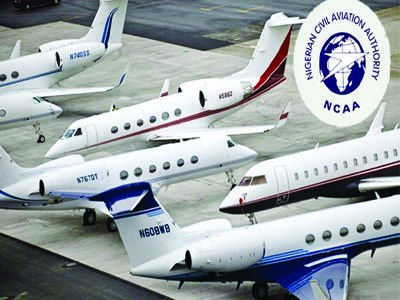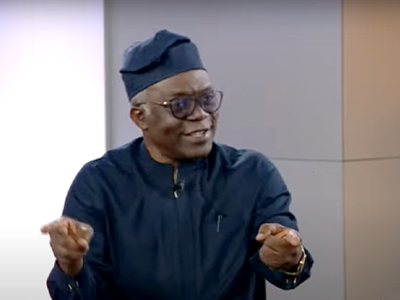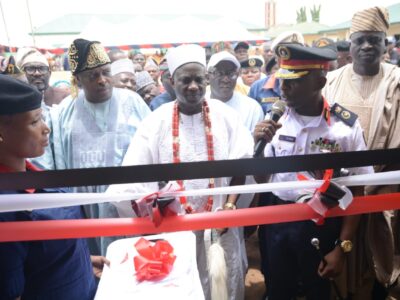AIR travels across the country may soon become unaffordable to many Nigerians as many unforeseen circumstances have pushed the domestic airlines to increase their fares by over 75 percent.
The increase coming at a time the average Nigerian is battling economic hardship may as well force lovers of air travels to shift patronage to road transport despite the insecurity and poor state of the roads.
Information gathered by Tribune Business indicated that the sudden increase in fares may not be unconnected to the high rise in the price of aviation fuel otherwise known as Jet A1 in the aviation circle.
This came just as the Nigerian Civil Aviation Authority (NCAA) has declared that the fare increase by the airlines was in order since air fare had since been deregulated. Speaking on behalf of the regulatory body, spokesperson, Mr Sam Adurogboye, stated: “Air fare has been deregulated long ago. Meaning that the airlines are at liberty to fix air fares and not to be fixed by government. It’s now a function of market forces or what you call demand and supply.”
The civil aviation policy however ask the NCAA to check predatory practice, that is, undercutting each other in fixing air fares. Predatory practice happens when an airline chooses to charge an unusually low fare as opposed to what is generally obtained.
Then, NCAA is meant to now ask questions as to how such fares can cover cost and still have returns on investment. According to the information gathered at the weekend, all the airlines have automatically increased their fares due to what they called the unbearable spike in the price of aviation fuel in the last six months.

Prior to now, many of the domestic airlines had at different fora raised alarm over the constant increase in the cost of the commodity which has taken over 40 percent of their operational costs. The Chairman of United Nigeria Airlines, Dr Obiora Okonkwo had recently lamented how a liter of the commodity that used to sell for N190 presently sells for between N400 and N500, a price he said may still go up. His words: “The least ticket we sold a year ago was N23,000 when aviation fuel was N190 and the official rate of Naira to a dollar then was N340, but today, if forex is available, it is N450 thereabouts. When it is not available, the alternative market is N570 to a dollar. But, it might surprise you to know that while over a year ago at the foreign exchange of N340,00, today, because of the market situation, you can still buy your ticket at N20,000 to N21,000. What this means is that as long as all the airlines are buying from the same market and selling tickets at the current rates, any ticket that you buy is being subsidized by the airlines.
“Aviation fuel, depending on the aircraft type you are flying, could take up to about 30 to 40 per cent of your cost components. As you know, for every ticket you sell, you have 5 per cent of Ticket Sales Charge (TSC) rendered to the Nigerian Civil Aviation Authority (NCAA), you have other deductions to the Nigerian Airspace Management Agency (NAMA), the Federal Airports Authority of Nigeria (FAAN) and to other airport owners.
As a matter of fact, by the time you remove these deductions from the N20,000 that you charge, you have to use your money to take care of other operational needs. In year 2000, you may have bought an air ticket at N2,000, which was about $100 then and 99 per cent of aviation component is foreign exchange denominated.
From that N2,000 up till now, the cost of aircraft has not reduced, salaries to staff have increased, the landing charges and other charges have increased, yet this item of ticket remains same. Safety is very critical in aviation business, but you cannot deal with safety in isolation of efficient operations. It must come with proper financing of your operations. The cost of tickets is very important, yet aviation is a chain and the airline operators are at the centre of the chain. However, there is need to establish a better customer service with operators.
Information gathered by the Nigerian Tribune has shown that following the crazy rise in the price of the aviation fuel, one hour flight from Lagos to Abuja that used to cost between N20,000 and N35,000 now attracts N50,000 and above depending on the booking period and pattern and the airline.
Tribune










Comments